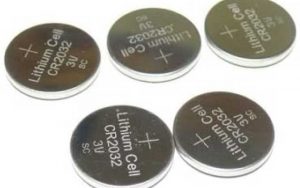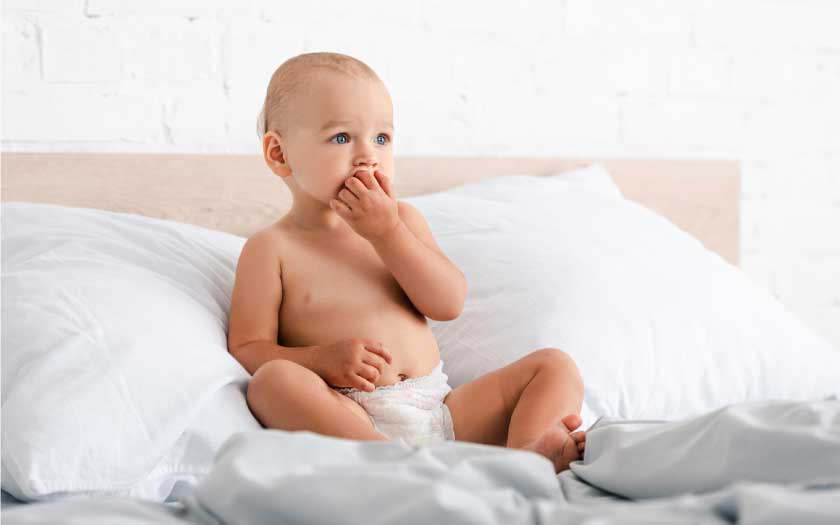From the time they learn to scoot or crawl around the house, your little one is ever ready to explore — everything and everywhere is fair game and as weeks and months pass and they gain more control over their motor skills, the desire to touch, feel and taste the surroundings is naturally strong.
Those are some of the signs of healthy, thriving development in little children, but what happens when they come across dangerous objects?
So small yet so dangerous
Lithium batteries have been wracking havoc with the lives of little children. When accidentally swallowed, these tiny, deadly objects can cause irreparable damage to a child’s body and even death.
Lithium batteries are also called buttons, coins, or disc batteries because of their appearance. They have the potential to cause unimaginable harm to the body if swallowed, and incidences of accidental swallowing seem to be rising. These tiny batteries can burn through the oesophagus and other parts of the body in just hours, resulting in severe injuries and — in some cases — death. Yet, they are alarmingly accessible in almost every household. Not only can they be found in common household items, but even certain types of toys meant for little children have them!
Some common household items that parents don’t think are dangerous for their little ones to play with include remote controls, watches, calculators, and older sibling’s toys, etc. The bad news is, these items may have lithium batteries somewhere in them and as we all know all too well if anyone can get to them, a little child can.
Lithium batteries are actually quite small, so they may not necessarily pose a choking risk, and also, it’s not quite so much a chemical leak that causes the harm to a child’s body if they’re ingested. Instead, it’s the electrical charge the battery puts out when it’s stuck in body tissue, causing heat that can burn inside the stomach, oesophagus, bowel, or even a nostril, and these can take place within just a couple of hours!
Here are the most common household items that use lithium batteries
- Cameras
- Weighing scales
- Small torchlights
- Games
- Toys, even for children as young as 18 months
- Watches
- Calculators
- Thermometers
- Remote control
- Devices that unlock car doors
- Musical greeting cards
Important
- Keep lithium battery-controlled devices, big or small, out of sight and reach of children.
- Keep loose lithium batteries locked away. Place a piece of duct tape over the battery cover to prevent small children from accessing the battery.
- Remind caregivers, friends, family members, and sitters about the dangers of lithium batteries and devices that use them. Your action could save a child’s life.
- If you suspect your child has ingested a battery, go to the hospital immediately.

How can parents prevent accidental swallowing of these lithium batteries?
They’re small, unassuming, and maybe in unexpected items in your house. The first thing you can do as a parent is to look through all your child’s toys and anything else that is easily accessible to your little one. You’d be surprised at the number of toys and other items that use these tiny batteries. Keep all of these well out of reach of your little child till he or she is old enough to know better than to put things into their mouth.
Of course, there are also other items such as remote controls, etc that almost every household has and uses. Examine devices that use them and make sure the battery compartment is fully secured so that inquisitive little fingers will not be able to pry them open.
Do let your family and friends know about the dangers of lithium batteries and the dangers they pose to children to discourage any gifts in the form of toys that use them.
Safe disposal
Dispose of used batteries immediately. Even a battery that does not have enough power anymore to run the device it was meant for can still cause deadly damage to the insides of a small child. Hence, careful disposal is crucial.
Remember, it’s not just about preventing your child from swallowing it. If you throw it out the window, for instance, it may end up in the hands (and tummy!) of another child. Treat it like any other dangerous object, like say, a loaded pistol, or a bottle of poison.


